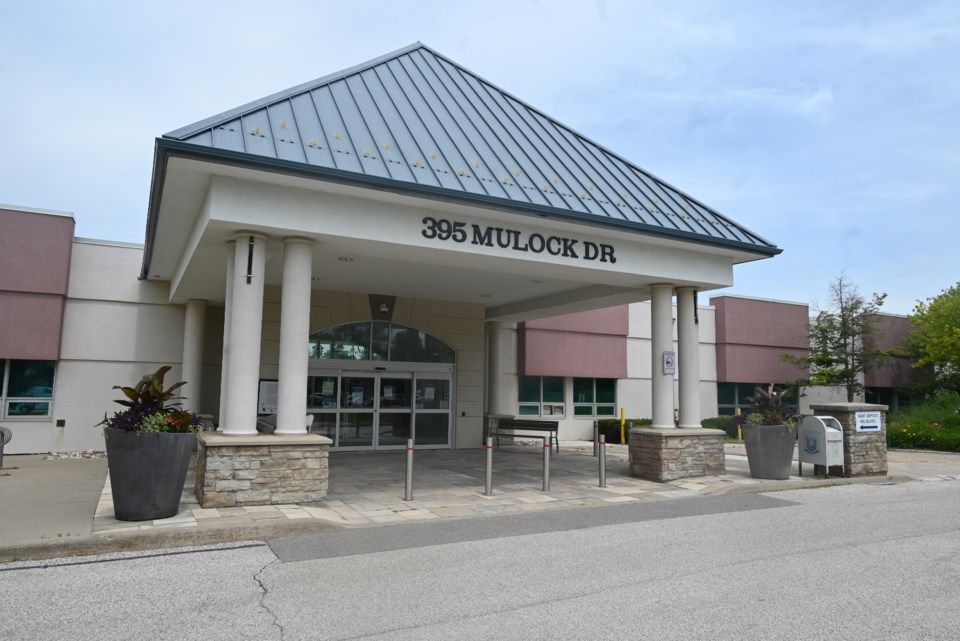The Town of Newmarket and Regional Municipality of York grappled with challenging issues in 2022 that stand to impact the community in the years to come
From new housing legislation and elections to the new regional official plan, the two municipal governments each confronted many changes within their borders.
Here are the top five issues that impacted the Newmarket and York Region in 2022:
Housing legislation
The province is imposing significant changes to the planning process that Newmarket and York Region are both fighting.
Both local governments have criticized Bill 23, which seeks to speed up housing development. The provincial legislation promises to remove barriers and reduce development charges for builders, but municipalities have protested out of concern for lost revenue to build out services. Municipal governments have estimated that it could mean a multi-percentage raise on property taxes.
It prompted Newmarket Mayor John Taylor to seek a debate with the housing minister.
“This is going to have a far-reaching impact on all towns and cities for many years to come if this is not reversed or significantly amended,” Taylor said earlier this month.
Political observer and former Newmarket council candidate Bill Kukulewich said the legislation is something the province should re-examine.
“The municipalities are feeling like they are going to be ripped off,” he said. “Negotiations need to keep going.”
The province has argued that municipalities have plenty of development charge reserves to cover building infrastructure. It has also said it would do selective audits of municipalities to reach a better understanding of municipal financial situations.
Elections
Newmarket voters decided to keep the entirety of their council for the next four years.
After months of campaigning, all nine Newmarket council members were acclaimed or re-elected. It was an election with a historically low voter turnout.
“It was pretty disappointing,” Kukulewich said. “The results were in even before the election was run. It was obvious to me nobody was going to lose their seat.”
He added that councillors getting constantly re-elected can lead to complacency.
But Taylor said acclamation is not a “free pass” and that he would work with the same energy.
Meanwhile, York Region council will have six new faces this term after the election. Council opted to keep Wayne Emmerson as chairman and CEO.
Region official plan
York Region council became mired in debate and was split as it passed a new official plan this year.
The plan passed 14-7 after months of discussion. The document guides the region’s development over the next 30 years, accounting for a projected population increase from 1.2 million to 2.02 million.
The plan received significant opposition from environmental groups concerned by how much the region is sprawling outward versus intensifying in developed areas. The plan features a 50 per cent intensification rate, ramping up to 55 per cent in 2041.
“This is not a financially, environmentally or socially sustainable plan, and there's a lot of issues,” Taylor said of the plan in voting against it.
Sewage solutions
After years of waiting, the Upper York Sewage Solution is effectively dead in the water.
The province decided not to approve the long proposed sewage plant on Lake Simcoe. Instead, it plans to meet regional sewage demand by upgrading a sewage plant at Duffin Creek in Durham Region.
The region pushed hard for the Upper York plant, spending $100 million on it and awaiting approval for an environmental assessment since 2014. But the Chippewas of Georgina Island, environmental groups and many Lake Simcoe residents remained staunchly opposed to more sewage going through the lake.
More sewage capacity is needed for the region to continue to grow and meet housing demand. The region projects an upgrade to the Duffin Creek plant is years away, and Taylor has said that timeline makes it impossible for Newmarket to meet the province’s housing targets.
COVID-19
Local governments battled COVID-19 throughout the year and adapted to provincial shutdowns during the winter.
York Region Public Health guided residents through another year of the pandemic but changed course on restrictions. Though cases have continued throughout the year, local and provincial public health measures were almost entirely lifted in the spring.
Both Newmarket and York Region lifted their states of emergency this year.
COVID-19 has persisted as an issue on several fronts. The region has had to address legal challenges to its mandatory vaccination policy for its workers, something Newmarket also implemented.
The pandemic remains an issue, with cases and deaths ongoing and York Region passing 1,000 COVID-19 deaths since 2020. Newmarket had more than 30 COVID-19 deaths in 2022, greater than in 2020 (29) and 2021 (24).
“COVID is secondary to the economy, unfortunately. That’s the way it appears governments are going after it,” Kukulewich said. “My feeling is it’s going to have to be re-evaluated.”



